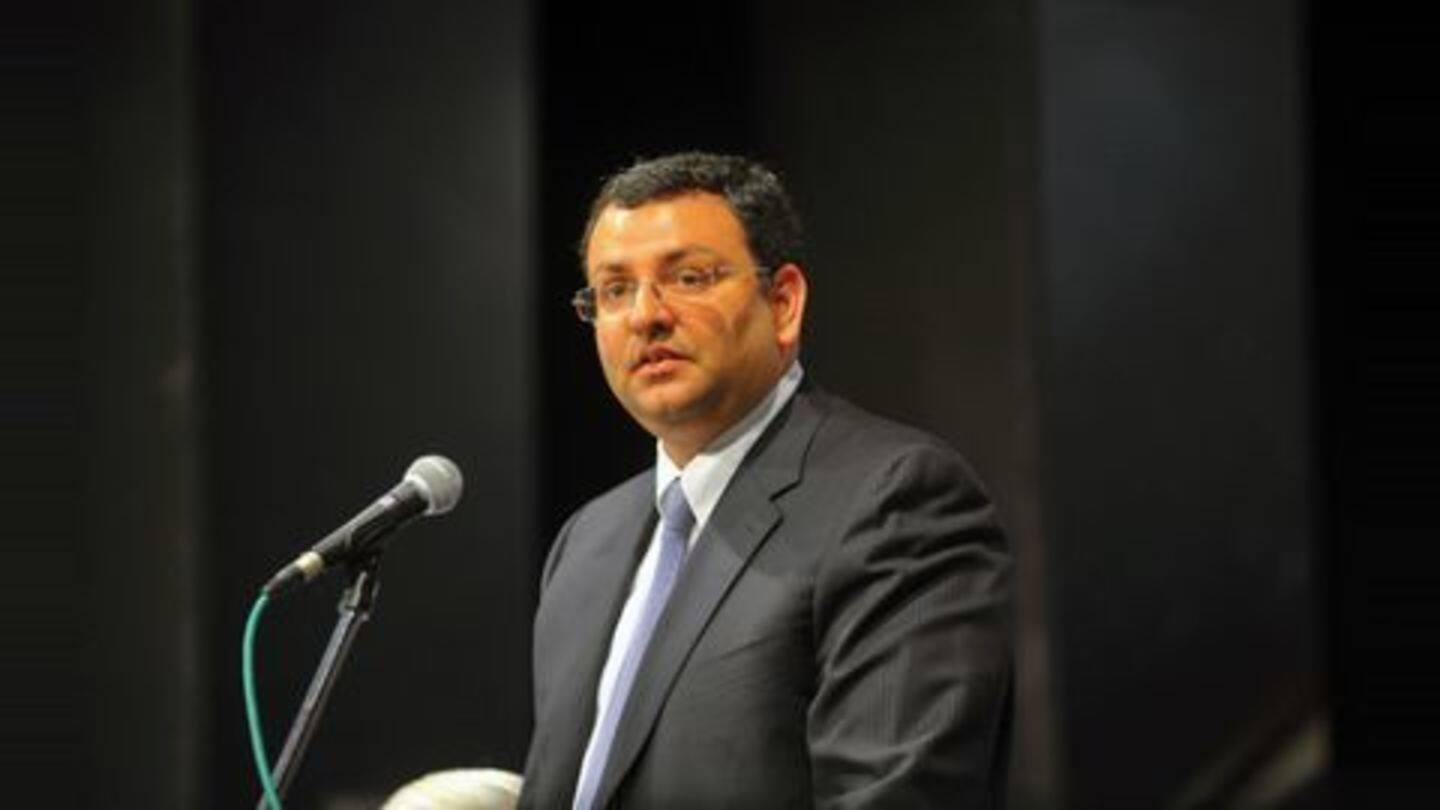
Court initiates Rs 500 crore criminal defamation proceedings against Mistry
What's the story
A Mumbai metropolitan court has initiated criminal defamation proceedings against ex-Tata Group chairman Cyrus Mistry, his brother Shapur Mistry and their firms.
The suit was filed by Venkataramanan Ramachandran, the managing trustee of Tata Trusts a few days back.
It seeks a Rs. 500 crore compensation from the accused, and an unconditional apology.
The court has ordered issue of notices to the accused.
Quote
The statement made by Venkataramanan's lawyer
"Cyrus in his desperation and under bad advise, levelled baseless allegations against Venkat and others. Venkat had to respond to this and hence this complaint. This in an attempt to expose the truth...," said Zulfiquar Memon of MZM Legal, representing Venkat and Tata Trusts.
Details
Details of the suit filed by Venkataramanan
Venkataramanan, also known as Venkat, has accused Cyrus Mistry and Co. of making false statements against him, thereby severely damaging his reputation.
The suit described that allegations made by the accused against Venkat were "false, malicious, and derogatory".
Cyrus Mistry, his brother Shapur Mistry, and their investment firms collectively own 18.4% of Tata Sons, the holding firm of the $100-billion-plus Tata Group.
Defamatory statements
Mistry's "defamatory statements" against Venkataramanan
Venkat claimed that an email sent by Mistry to Tata Trust trustees and Tata Sons directors a day after Mistry was voted out contained "defamatory statements" against him.
Mistry had alleged that "certain fraudulent transactions of Rs. 22 crore" had been carried out with non-existent parties and that no "further study of it" was initiated by Venkat.
Foreign bank accounts were also alluded to.
Tata Sons vs Mistry
Meanwhile, Tata Sons vs Mistry continues
Venkat's complaint comes even as Mistry awaits the National Company Law Appellate Tribunal's (NCLAT) verdict on an appeal.
Earlier, Mistry and his brother's companies had moved the NCLT's Mumbai bench against what they called minority share holder oppression at Tata Sons.
The petition was dismissed because the companies had insufficient shareholding to seek legal recourse.
Mistry thus filed an appeal with NCLAT.